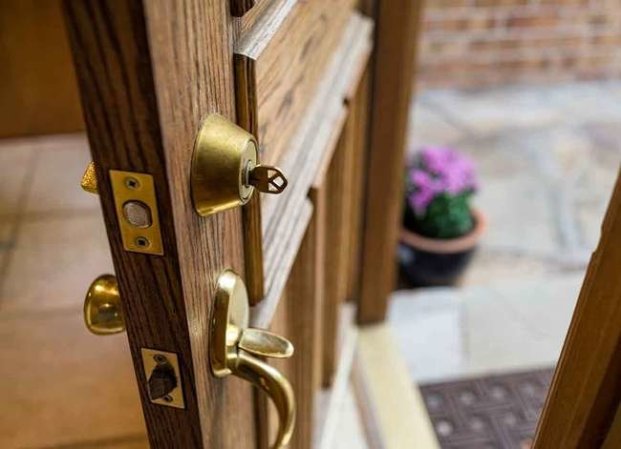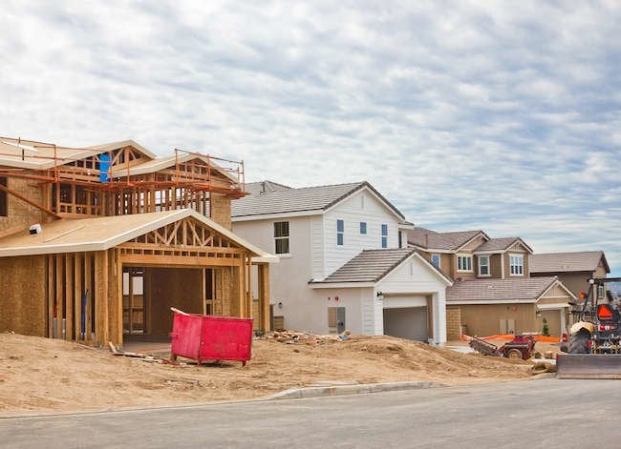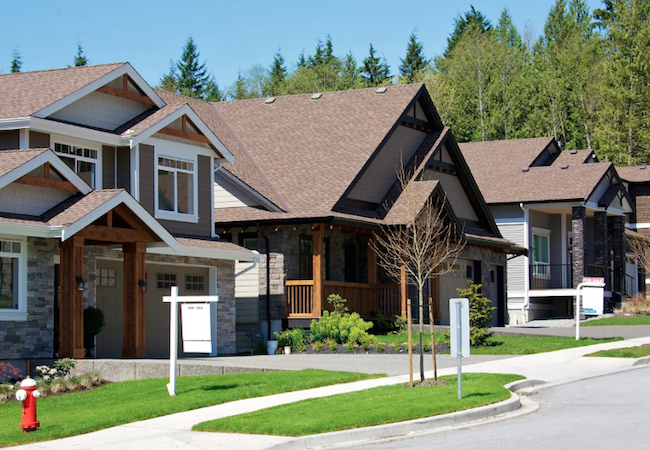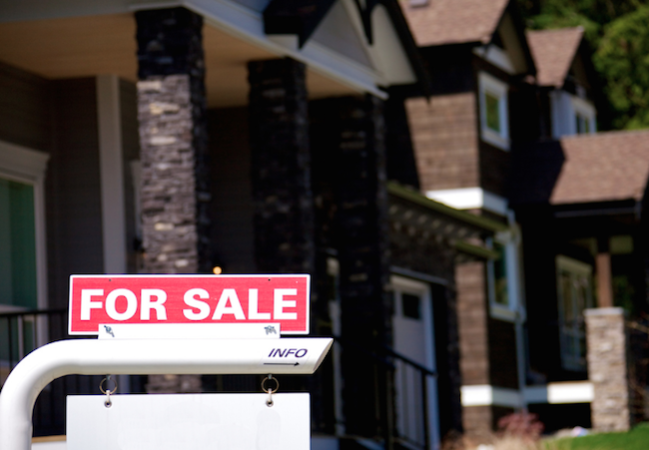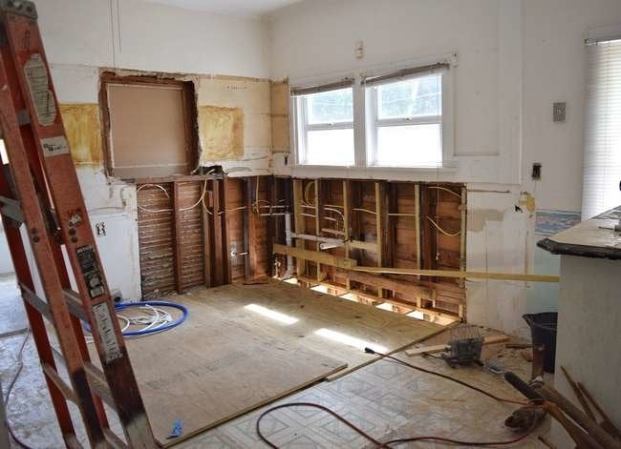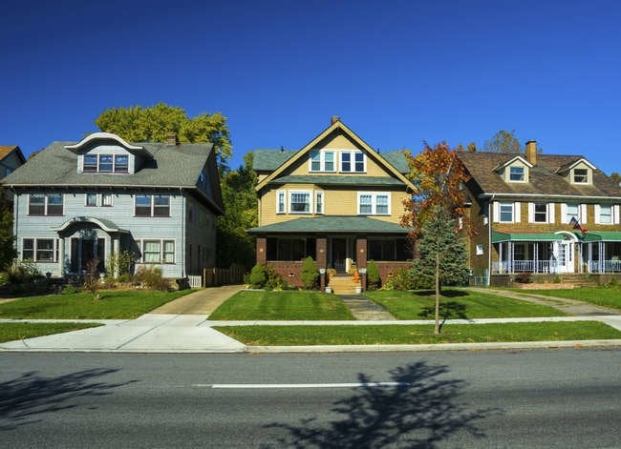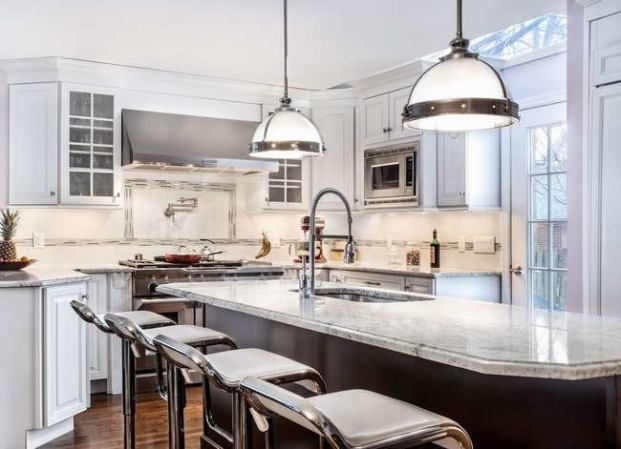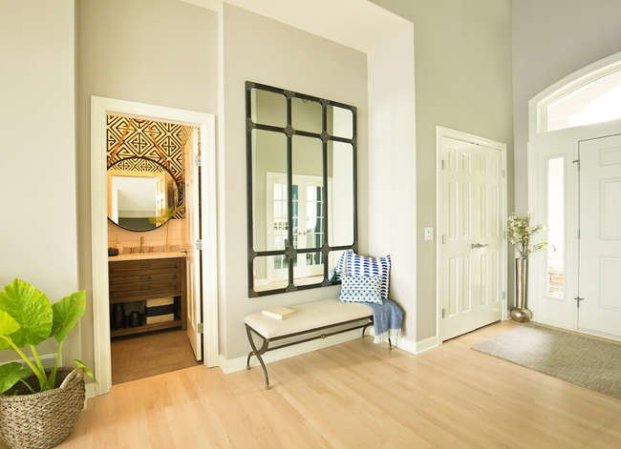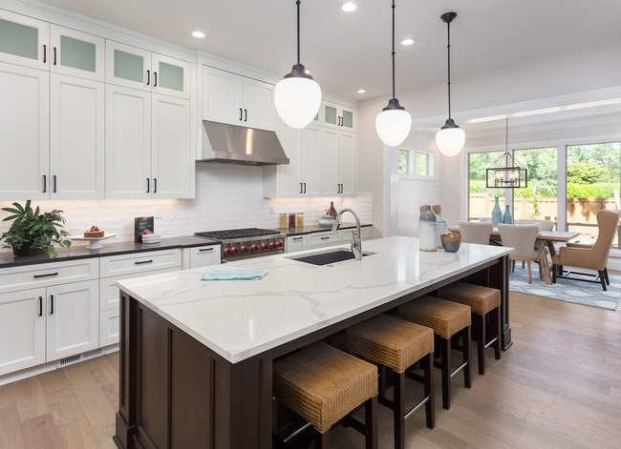We may earn revenue from the products available on this page and participate in affiliate programs. Learn More ›
Not checking neighborhood crime statistics
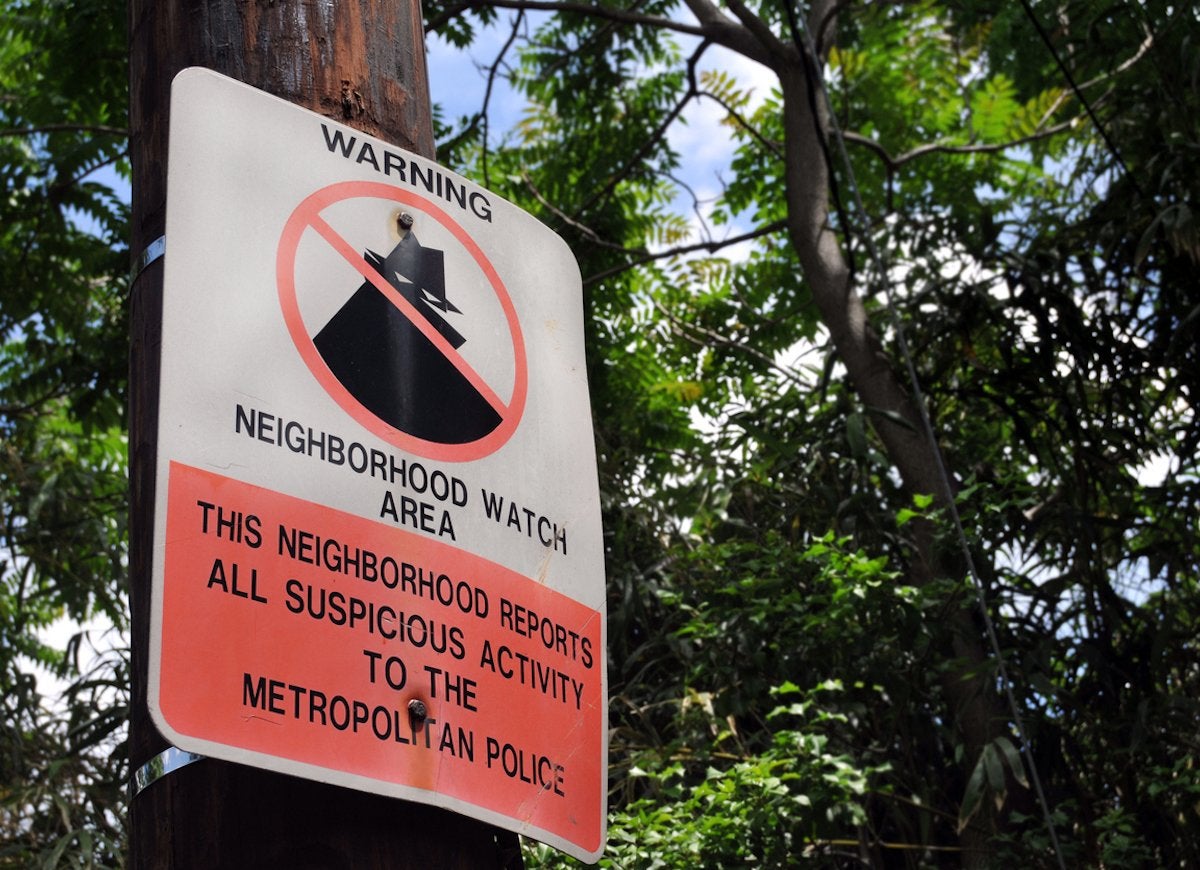
When Laura Henderson purchased her first home, a cozy two-bedroom bungalow on what appeared to be a quiet little street, she wasn’t aware of recent burglaries. “I didn’t know there had been a rash of break-ins in the months before I moved in,” Henderson said. Though she and her daughter went on to live in the house for three years, she never felt completely safe. Installing deadbolts and outdoor motion-sensor lights provided some peace of mind, but the frequent sound of police sirens kept her on edge.
Related: 20 Places with (Almost) Zero Crime
Not having the septic system inspected
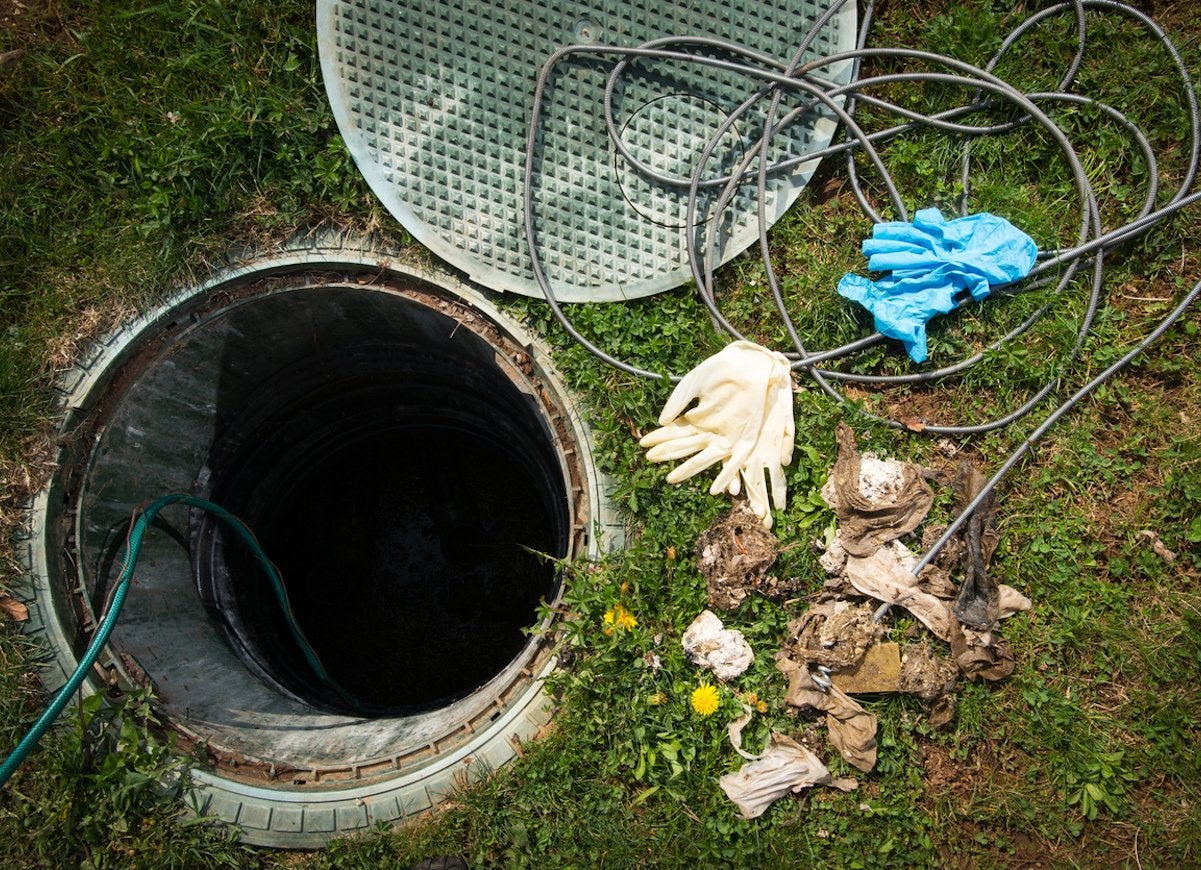
Melissa Unruh faced a messy and unexpected expense the week after moving into her new house. “The house I bought never went on the market,” she recalled. “I learned that the owner was selling from a friend, and I made an offer directly.” Though the bank that provided the mortgage required a basic inspection, Unruh was not aware that she needed to hire a different inspector to check the septic system. “I was still unpacking my boxes when the sewer backed up in the house,” she said. “I had to pay $300 to have the septic tank pumped out.”
Not reading the fine print of the HOA agreement
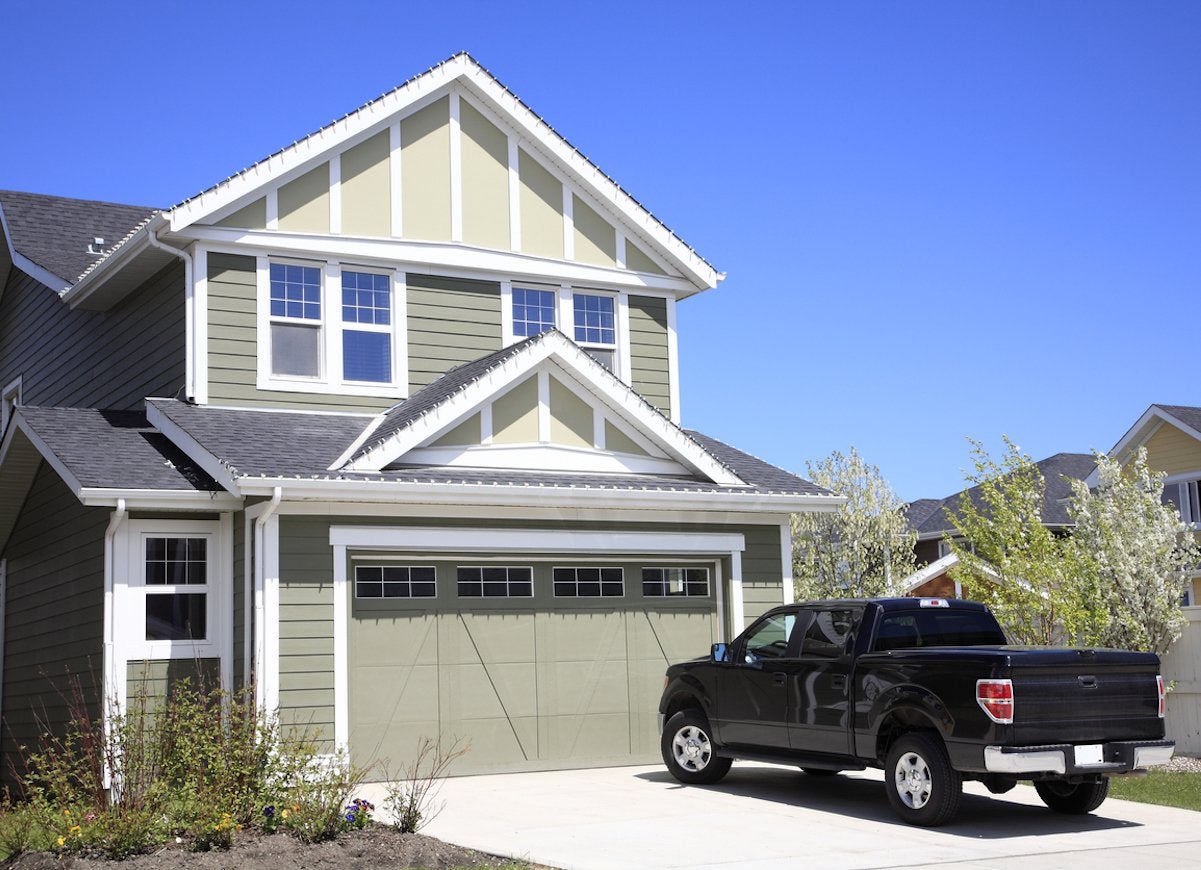
Before buying a home in a neighborhood governed by a homeowners association (HOA), be sure to read the association’s agreement carefully—a step that Jay Koehn regrets skipping. “The day after I moved in, the HOA president visited me. He brought me a basket of fruit and then told me that I couldn’t leave my work truck parked in the driveway,” Koehn said. “Unfortunately, the lumber rack on the top of my truck was too high to fit through the garage door, so I had to rent a parking spot and leave my truck there every night. It was very inconvenient.”
Not meeting the neighbors before the purchase

Jay Koehn also wishes he had taken the time to meet his neighbors before he signed on the dotted line. “It’s not like they were bad people,” he said. “It’s just that I’m an outgoing guy and I moved into a neighborhood where everyone kept to themselves.” Koehn tried hosting a neighborhood barbecue to break the ice, but his neighbors never warmed up to him.
Related: 11 Selfish Reasons to Make Friends with Your Neighbors
Not verifying the school district

Laura Henderson’s daughter was six when they moved into their house, and Henderson assumed she would enroll her in the elementary school just four blocks away. Little did she know that her new house was in a different school district, which meant that her daughter’s zoned school was nearly a half mile away. Carpooling with other parents made the situation more manageable, but when Henderson purchased her next home, confirming the school district was at the top of her list.
Related: 10 Decisions Homeowners Never Regret
Not having the previous owners remove the appliances
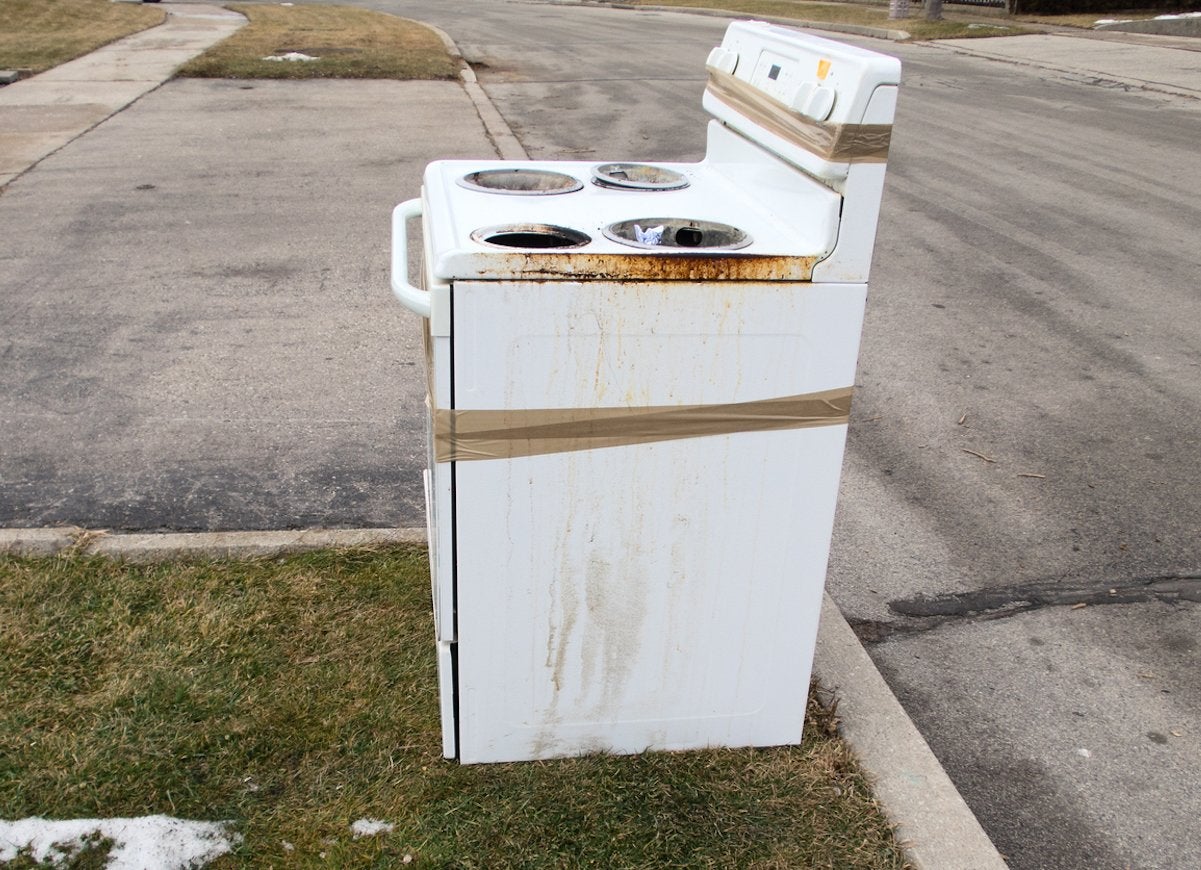
It seemed like a plus: When Jay Koehn bought his home, the previous owners agreed to leave the appliances as a bonus, but because they weren’t part of the original listing agreement, they were not inspected prior to the sale. When Koehn moved in, he found that the refrigerator didn’t get cold enough to keep perishable foods safe, and only one burner on the stove worked. “Not only did I have to buy new appliances,” Koehn said, “but I also had to haul the old ones to the dump.”
Related: 10 Reasons I Should Have Never Bought That Fixer Upper
Not checking to see whether the home is near a railroad or under a flight path

Laura Henderson’s real estate agent took her through the house she was considering three times before she made an offer, but each of those times was in the early evening. Much to their surprise, when she and her daughter were eating breakfast the morning after their first night in the house, a freight train roared down the tracks less than two blocks away. “The noise was startling,” Henderson remembers. After a few weeks they adapted, but she had to accept that their neighborhood was far from the peaceful place she’d been hoping for.
Related: 8 Homeowners Admit to Their All-Time Biggest Screw-Ups
Not checking for hazards on the property
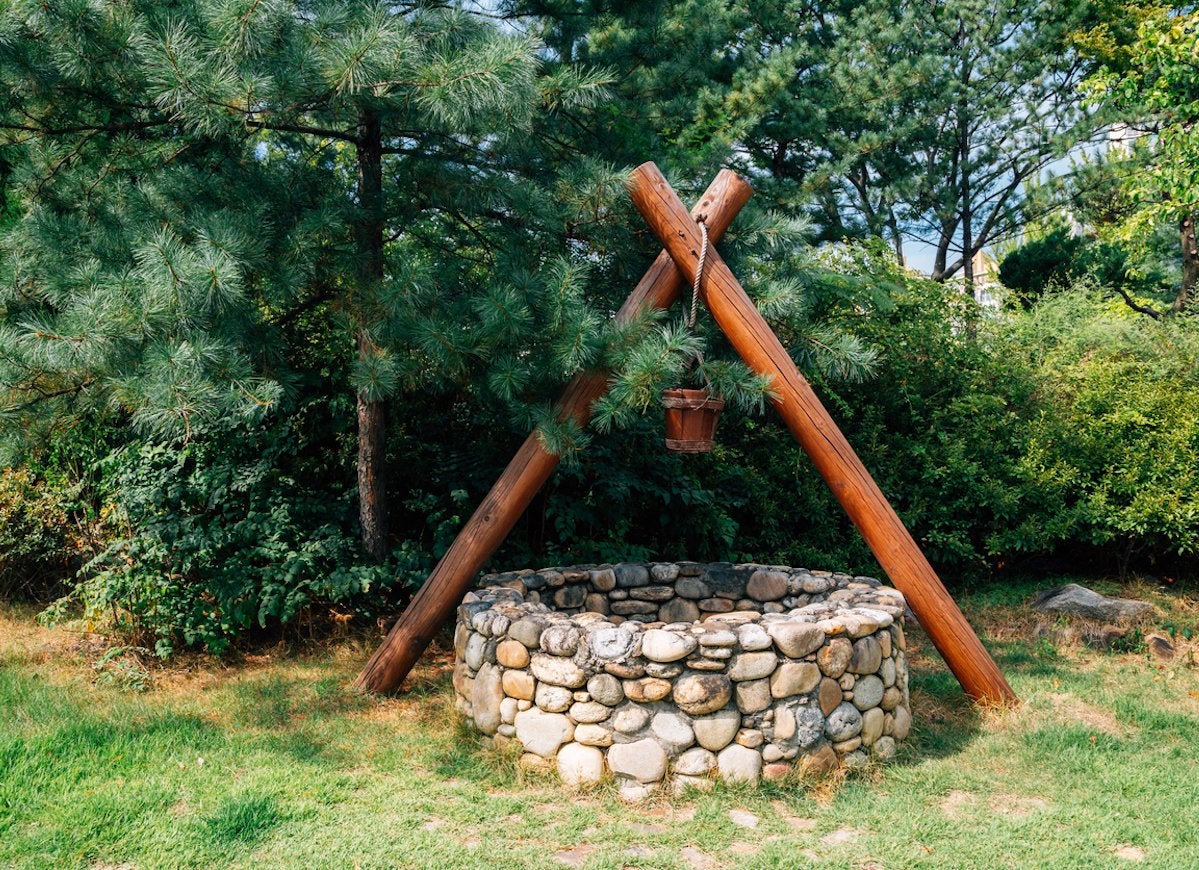
The little farmhouse that Melissa Unruh bought dated back to 1862. “I fell in love with my house knowing that it was built when Abraham Lincoln was president,” she said. But a lot can happen to a house over 150 years, as Unruh learned when she “pried a piece of old wood off the ground and found a gaping black hole beneath.” She had come upon the old well that once serviced her home. To prevent anyone from falling in, she had the hole filled with sand and concrete, but she regrets not asking about potential hazards on the property before she bought the house.
Related: 10 Things I Wish I Had Known Before I Bought a Foreclosure
Not realistically weighing the expense
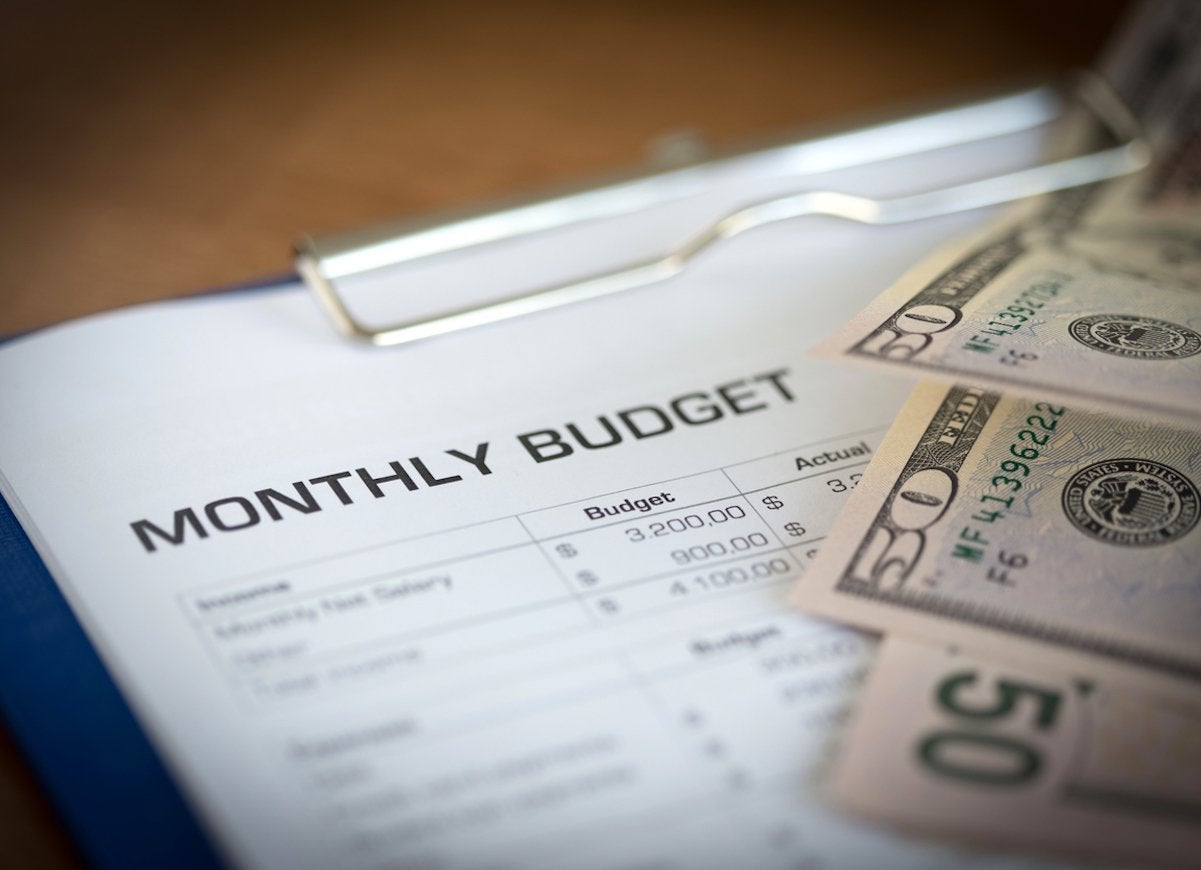
Just because a bank approves you to purchase a house up to a certain price doesn’t mean it’s a good idea to pay that much. Spending a little bit beyond his comfort zone proved to be another source of buyer’s remorse for Jay Koehn. While his house and yard were very nice, he found that he had to cut corners just to make the monthly mortgage payments. “The house was really too much just for me,” Koehn said. “Too big, too expensive, and even the utility bills were too high.” After only a year, Koehn purchased a smaller home that was easier on his budget.
Not negotiating the price

Because she had been hunting for more than three years for the perfect property to serve as her home, dog training facility, and hobby farm, Melissa Unruh was quick to agree to the seller’s asking price. After all the repairs and remodeling she’s had to do, however, she now realizes that she probably could have offered a little less and still have gotten the house. “Buying this house has taught me a lot,” she says. “If I ever buy another one, I know I’ll be a better negotiator.”
Related: 10 Real Estate Negotiation Tactics That Can Really Backfire


